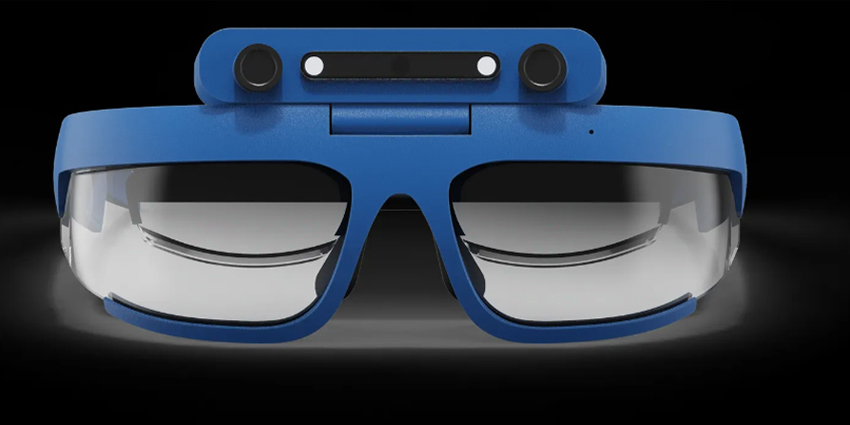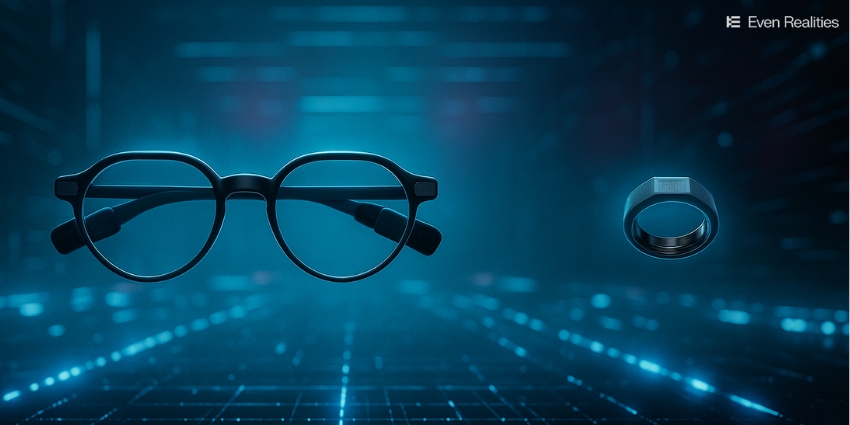AR smartglasses firm NuEyes made a crucial stride in its smart glasses adoption and ubiquity journey by securing FDA approval for its upcoming NuLoupes product.
The FDA approval allows NuEyes to expand its product portfolio, which aims to provide healthcare professionals with competitive and innovative smart glasses technology.
The firm notes that its patent-pending technology offers dentistry and medicine professionals an “unprecedented level of precision and live 3D visualization.”
Mark Greget, the Founder and CEO of NuEyes, added:
We are thrilled to announce the FDA approval of NuLoupes, a testament to our commitment to innovation and excellence in the medical technology field. NuLoupes represents a huge leap forward in visualization technology, and we are confident that they will revolutionize the way medical professionals approach their work.
The NuLoupes smart glasses contain an IR sensor, IMU, android operating system, continuous magnification, high-resolution depth sensors, voice control, and a 4K camera system.
Notably, NueEye explains that the upcoming XR healthcare product will be the first to offer FDA-approved live 3D stereoscopic features to medical professionals.
Moreover, the firm is planning to distribute a limited number of SDKs to promote targeted content for its user base. The SDK will also support third-party Unity plug-ins, and NuEyes intends to ship its SDK platform in Q1 2024.
Advancing Workflows for Medical Professionals
NuLoupes’ solution aims to replace traditional fixed magnification healthcare tools with high-resolution variables and AR-enhanced digital magnification smart glasses displays.
According to the firm, the NuLoupes display delivers live 3D stereoscopic imaging with near-zero latency. Moreover, the high-detail displays provide sub-millimetre accurate depth perception and detailed magnifications.
The news comes as XR is set to revolutionize healthcare outcomes. The World Economic Forum (WEF) released its 11th annual Top 10 Emerging Technologies report in late August, highlighting how innovative technology solutions positively impact society and, namely, business and healthcare clients. Among its top emerging technologies of 2023, the WEF named the “Medical Metaverse”.
This included technologies like flexible batteries, genAI, sustainable aviation fuel, designer phages, wearable plant sensors, spatial optics, flexible neural electronics, sustainable computing, and AI-facilitated healthcare. The Metaverse for healthcare is on a respectable list of technologies unrelated to XR that can generate positive change across a spectrum of people worldwide.
Many people are doubting the Metaverse’s future following a dip in general interest. However, the WEF report highlights a vertical market that may experience improved professional and patient outcomes thanks to emerging Metaverse applications.
Additionally, Microsoft is sparking its stake in an Industrial Metaverse, with plans to debut products in 2024. The Metaverse may get its second wave of enterprise-based interest as the new year arrives.







